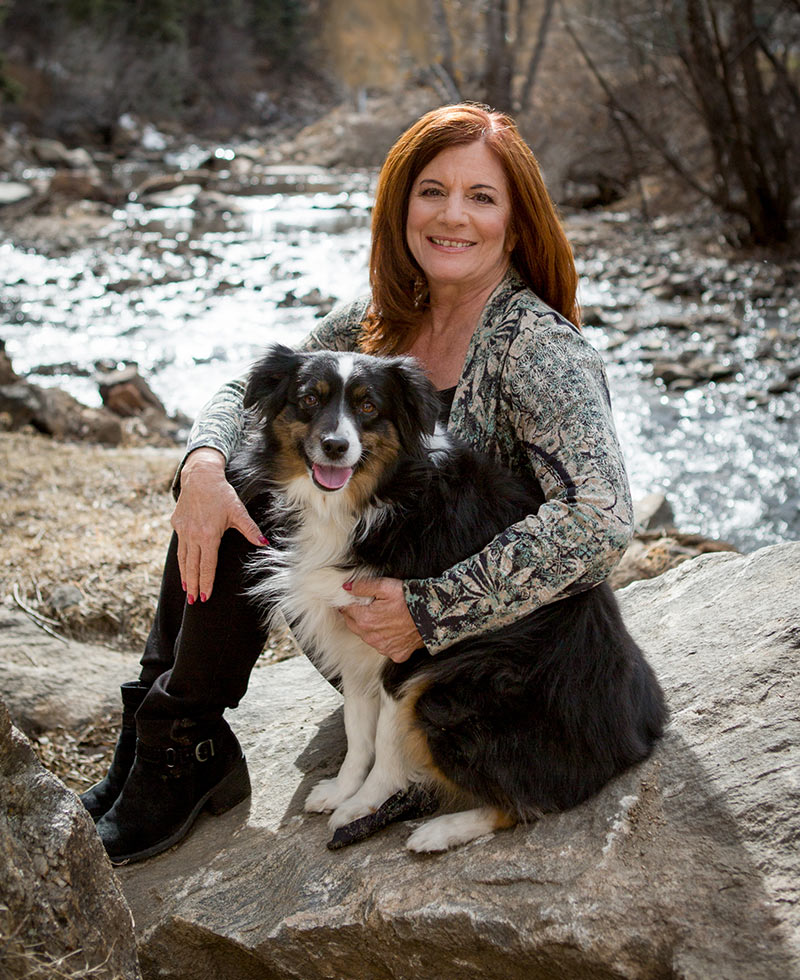Last week, I interviewed Patrick Baker about the different ways in which our personal information (“the Holy Trinity”) can be used to scam us. Even though some of it can be accomplished through technology, there are also many opportunities to use technology to improve our lives as we age.
And that’s where the Age Tech industry comes in. In the past several years, there have been so many innovations to help support people in their homes longer. I asked Patrick about a few of his favorites and here are his top finds:
Patrick interviewed Stack Care’s Nathalie de Vazeille on his Tech Minute series. The technology uses passive and discreet monitoring (like window, door, and room sensors) to monitor what’s going on in the household and AI (artificial intelligence) to determine patterns and show deviations. There are no cameras, no microphones, and nothing to wear so it affords Mom or Dad a level of privacy but also gives their caregiver enough information to feel confident everything is ok.
Electronic Caregiver is a similar concept, which incorporates proprietary devices like Alexa/Echo into its system to provide “patient monitoring”.
Need a simple solution to let someone be able to check-in as needed? Alexa Together is a monthly subscription where an Amazon Echo can be discreetly placed in a room frequented by mom and dad allowing a caregiver to “virtually drop-in”.
Some other caregiver resources that topped the list included:
Hero Health, a smart medication distribution system that allows caregivers to track, manage, and monitor the dispensing of medication remotely on a pre-determined schedule.
Timex’s Senior Connect wearable technology. Part of the T-Mobile family, the watch incorporates GPS locating technology, fall protection, and a built-in SOS button.
What else does the future of Age Tech hold? For one, Patrick predicts we will begin to see wearables that are so small that they are unobtrusive but will be able to tell us so much about our health in the moment.


